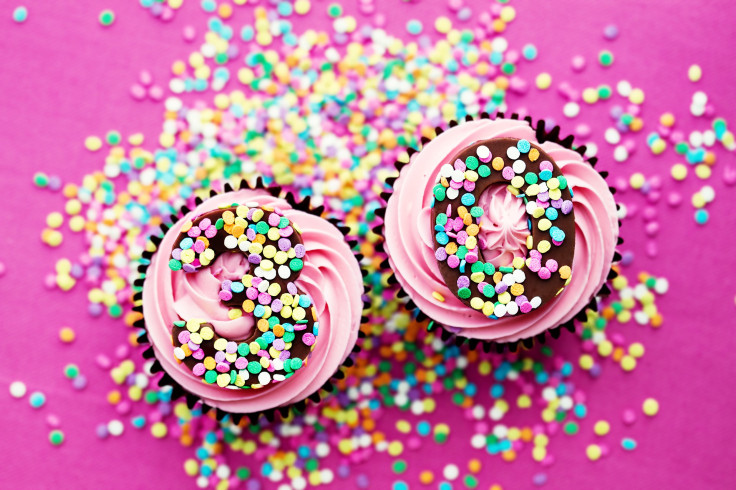Reinvent Yourself, But Do It Before You Turn 30 And Your Personality Plateaus

Thirty is one of the most important decade milestones. It’s used as a deadline for 20-year-olds to cram all of the schooling, traveling, and falling in love they desire into one decade before they hit their 30th birthday. But now, psychology experts have given greater weight to the year because by the time you’re 30, whatever personality traits you’ve collected along the way are permanent.
"You're doomed! What you've got now — that's it," psychology professor at the University of Cambridge Brian Little, who published his book Me, Myself, And Us: The Science of Personality and the Art of Well-Being, told 30-year-old Science of Us reporter Melissa Dahl. "At least, William James would've said that."
Little bases his theory on James, a Harvard psychologist who wrote in his notable book, The Principles of Psychology, in 1890, "In most of us, by the age of 30, the character has set like plaster, and will never soften again." The research in the past century has only reinforced James’ personality deadline, and the National Institutes of Health has even coined the term “personality plasticity,” explaining how personality traits continue to develop until the age of 30, after which time they plateau.
What Is A Personality?
When psychologists are talking about personality, they are usually referring to the Big Five traits that make up the core of who we are: openness, conscientiousness, extraversion, agreeableness, and neuroticism. They don’t really fluctuate depending on the mood or time of day, and some new research suggests those traits remain largely stable. Tiny tweaks and adjustments are made in the personality throughout our 30s, 40s, and 50s, but none compare to the first 30 years of development. Are you stubborn? Are you someone who likes to be the life of the party? Are you aware of your surroundings? Are you a go-with-the-flow kind of person? Are you an open book?
If you’re over the 30 mark and don’t like one of your core traits, there’s a good chance you’re stuck like that. Little says you can downplay certain aspects, and increase or decrease them to some degree, but it’ll be an ongoing effort because personalities eventually stabilize by that age. Our maturity levels are also pretty set in stone by the time we reach 30 — if you still have time and want to improve yourself, practice becoming better until you hit the deadline.
"If we do the proper longitudinal research — we follow the same people over time — what do we see?” Paul T. Costa Jr. from the National Institutes of Health, told Science of Us. “We see that the very big changes you see from early adolescence to early adulthood are greatly muted after 30, 35. There are still changes in personality after that, but they're very, very modest compared to earlier phases in the life span."
Genetics still play a large role in your personality, but repeat behaviors can take care of that for you by the time you’re blowing out your 30th birthday candles. For example, if you were shy since childhood but want to meet more people and become a more outgoing person, practice. Do the opposite of what your personality is inclined to by going to social events, introducing yourself at a party, or hosting a dinner. By the time you’re 30, the personality you have may be more in line with what you want through practice and patience.
Published by Medicaldaily.com



























